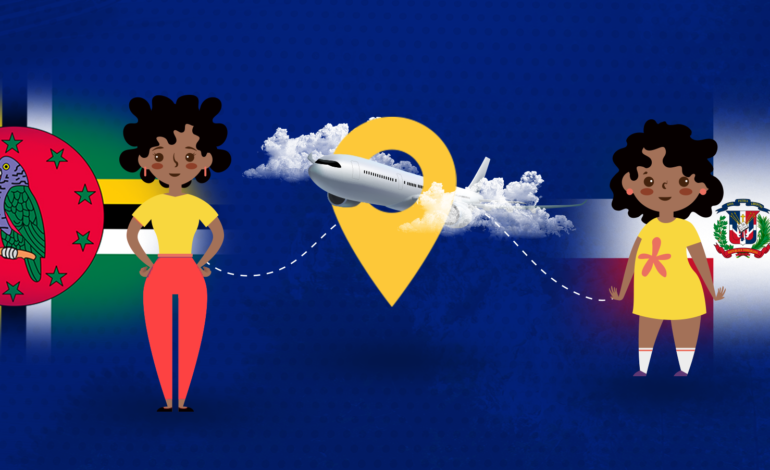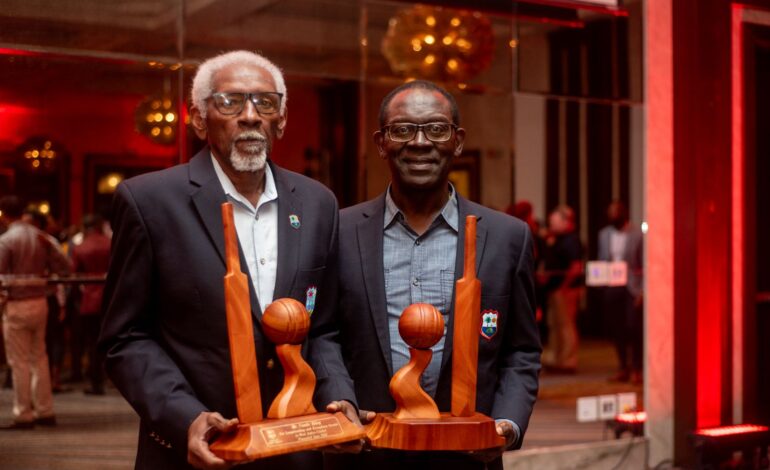
In today’s interconnected world, migration is a significant and often necessary journey for millions seeking better opportunities, safety, and a new place to call home. However, the quest for a sense of belonging in a foreign land can be fraught with challenges. Migrants face the daunting task of navigating unfamiliar cultural landscapes, overcoming language barriers, and finding acceptance within new communities.
Fostering a sense of belonging is crucial for the successful integration of migrants into host societies. Article 15 of the Universal Declaration of Human Rights underscores the right to nationality, emphasizing the importance of belonging to a community. This intrinsic human need for acceptance and inclusion is not just a personal struggle but a collective societal responsibility, one that has significant implications for social cohesion and stability.
This article explores the experiences of three migrants as they strive to establish a sense of belonging in their new homes, shedding light on both the obstacles they face and the resilience they demonstrate.
Araceles’ Journey to Dominica
Araceles moved to Dominica over 20 years ago. She was told by a friend that the island had job opportunities, so she packed up her salon in the Dominican Republic, booked her ticket with a travel agent, said goodbye to her family, and left for the Nature Isle, leaving behind her youngest daughter, Thakira.
“I am skilled in hair so I would travel between the communities from St. Joseph to Roseau blow drying and styling hair for EC$20 each,” Aracelesrecalls. It would be a few years before she could open her own salon. “Mr. Paul helped me. After working for two years with a local business owner, he told me he could open a salon for me.”
For Araceles, learning the language was a significant struggle. “I could not speak English and people would say nasty things to me. I didn’t know at first what they said, but eventually I would pick up some of the slangs they used. It made me sad, but I wanted to be able to go back to get my children, so I worked hard.”
Araceles recalls that it was not difficult for her to get and maintain status in Dominica. After renewing her work permit seven times, she was eligible for resident status. “Every year I paid EC$500 to renew my permit. I was happy when I got resident status because I could finally go to Santo Domingo to visit my family.”Araceles was able to reconnect with her daughter, Thakira, and start the process of having her move to Dominica.
Thakira’s Journey to Dominica
Thakira’s journey was different from her mother’s. She was ten years old when she learned that she would be leaving for Dominica. “I was scared because my father wasn’t coming with me and I would have to travel with a flight attendant,” explains Thakira, “but I was excited to finally be with my mum,” she reminisces. “It felt like the longest journey from Santo Domingo to Antigua and then on to Dominica.”
Once in Dominica she was later registered into school, which would commence in a few months. Araceles enlisted someone to help Thakira learn English, but the language barrier posed many challenges. Settling into her new environment was difficult for young Thakira. “I missed the food from the Dominican Republic, I didn’t like broth, and the students at school bullied me because of how I spoke English.” As she got older Thakira resented her culture and didn’t want to be around other Latinos. “People would come up to me and ask me how much I am charging for 15
minutes. They treated me like I was a working girl, so I stopped hanging around other Spanish people because I feel like I am a part of Dominica.”
Thakira recently received her passport after living in Dominica for nearly sixteen years. “It was the best day of my life. I went to school all my life here, I do all things like a Dominican. I love when I am called a ‘shabine,’ a term used to describe a light-complexion woman, because I feel like I belong. Dominica is quiet, and I can walk around and feel safe.”
A New Home
Her mother, Araceles, shared the same sentiments. “I like everything in Dominica, the food, the fish, the market. I made many friends and I love it here. Dominica is my home.”
The stories of Araceles and Thakira illustrate the profound challenges and triumphs that shape the migrant experience. Their resilience, the support they found within the Dominican community, and the deep human need to belong. Ultimately, these triumphs enrich not only the lives of migrants, but also the societies they join. Dominica became a home for Araceles and Thakira. Their stories are a testament to the power of community in fostering a sense of belonging. As Dominica’s cultural tapestry continues to grow richer and more vibrant with each new arrival, one thing remains clear: a helping hand and an open heart can make all the difference in a migrant’s journey.











